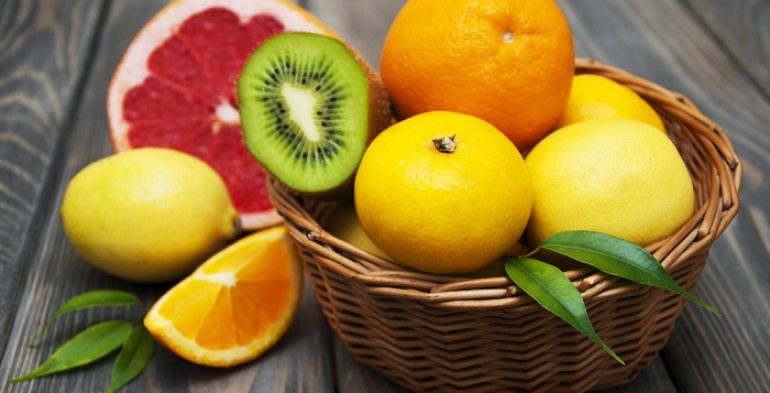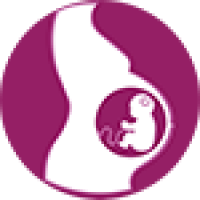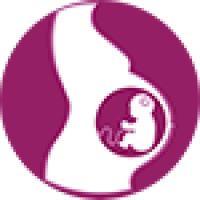
Foods that lactating mothers eat are of great impact on the baby in several ways. The first is that the food you eat affects the taste of milk for the baby. Some foods could cause stomach aches, gases and some kinds of allergy for the baby. So you should be careful and figure out the relationship between the food you eat and the symptoms that show on your babies such as eczema, irritation, and diarrhea.
In this article, we will highlight the foods that lactating mothers should avoid or cut their intake as much as possible.
1- Caffeinated drinks
Such as tea, coffee, and soft drinks. Caffeine can move to the baby through the mother’s milk, and the baby’s body is not ready to process this substance. Therefore, it is recommended to limit your consumption of such drinks as much as possible.
Do not drink more than two cups of coffee every day.
2- Citrus fruit
Such as orange, mandarin, pomelo, kiwi, lemon, and pineapple.
This fruit can cause problems for the baby such as reflux, rash, or irritation.
3- Chocolate
Especially dark chocolate because it contains caffeine.
4- Gas-inducing vegetables
Such as cabbage, cauliflower, broccoli, onion, cucumber, and pepper.
These vegetables could cause gases and cramps for the baby.
5- Chili and spicy food
It is recommended to have as little as possible of spices, especially pepper powder, curry, and garlic.
6- Fruit that causes diarrhea
Such as plums and apricot because they could cause diarrhea for your baby.
7- Garlic
The smell of garlic passes to the mother’s milk two hours after intake, which could repel your baby from drinking your milk.
8- Mercury-rich fish
Such as swordfish, sharks, bluefin tuna, tilefish, and mackerel.
Mercury reaches your milk and therefore your baby.
9- Mint and parsley
Mint and parsley reduce lactation and your milk supply.
Tip
Pay attention to allergy symptoms for your baby, some of the foods that can be related to allergy include eggs, cow milk and its products, soy beans, fish, corn, wheat, and peanut.
If you have any of these foods and your baby shows symptoms such as skin rash, crying and constant irritation, diarrhea or vomiting, consult your pediatrician.









